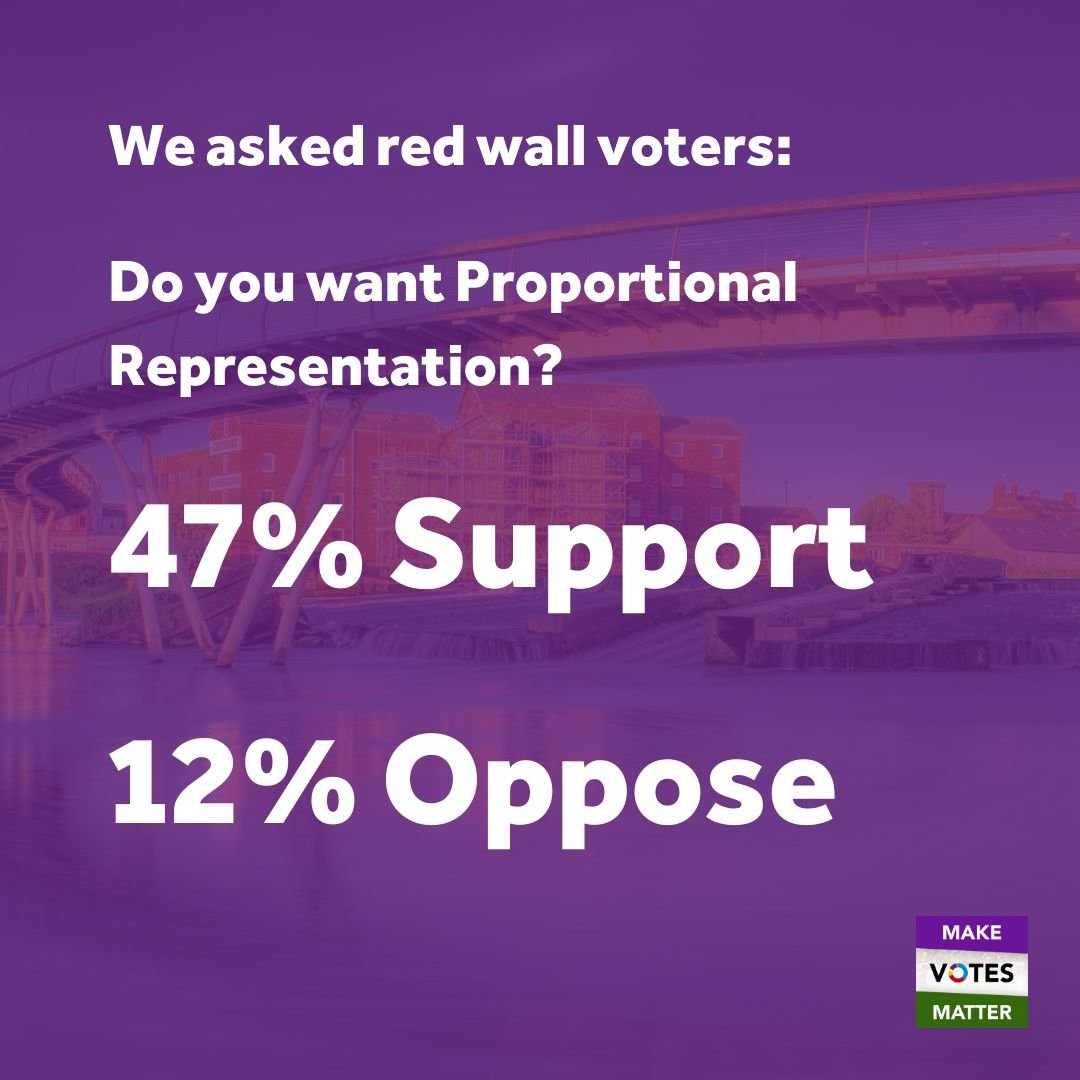It’s time we saw single-party majorities for what they are: opaque, unaccountable coalitions. UIltimately, all governments are coalitions, but where coalitions formed under PR voting systems have real advantage is the control held by voters, particularly over the ideological composition of government, and the popular legitimacy borne of representing a majority of the public – both things arguably lacking from our system at the minute.
Read MoreElectoral reform has taken centre stage at every level of Welsh politics in the last few weeks. Both in Powys and Gwynedd councils and in the Senedd, reform proposals are an implicit acknowledgement that to address today's major challenges, government needs to better reflect the people it serves.
Read MoreHome to what is often regarded as the most proportional voting system in the world, will the next election in the Netherlands be the last under its current version of PR? Dylan Difford charts the country's journey to PR, assessing its particular - and somewhat unusual - electoral system, and the possibility of a different form of PR being introduced in the coming years.
Read MoreThirty years ago, New Zealand decided to switch from First Past the Post (FPTP) to a Mixed-Member Proportional (MMP) voting system. This week, Kiwi voters head to the polls in their tenth proportional general election. With New Zealand’s reform having gone so smoothly, guest contributor Dylan Difford asks ‘what lessons can we draw from it’?
Read MoreThis October, parliamentary elections are taking place in Luxembourg and Switzerland - both of whom use some of the most open list systems in the world, giving voters free rein to express their views on which candidates should sit in parliament. But how do their systems work and are they better than closed lists? Dylan Difford explains.
Read More“Whichever way you cut it, it is impossible to see how there is a causal link between fairer election results and higher levels of political instability.” A new report, written by Dylan Difford for Make Votes Matter, has found that ultimately, it is not credible to suggest - as critics of PR repeatedly do - that the UK would inherently become less politically stable if it adopted a PR voting system.
Read MoreNo system is perfect, but a proportional electoral system takes account of the fact that every society is a congeries of diverse minorities and individuals, all of whom deserve an equal voice, and that government should not be party-political but should combine the most salient interests from across society in the service of all society. A guest blog by A.C. Grayling.
Read MoreAs Spain prepares to head to the polls, Dylan Difford examines its electoral system, identifying several unusual features. Despite experiencing exclusively single-party government for nearly 40 years, Spain’s political system has adapted quickly to the multi-party politics that characterises Sunday’s general election.
Read More9th June this year marks the fortieth anniversary of the 1983 General Election. The election took place three years before guest contributor Simon Stiel was born, so he has no recollection of it. But the memory of the 1983 election has echoed down the subsequent four decades.
Read MoreOur people’s lobby of Parliament gave us all a chance - using facts, passion and creativity - to carry a positive message to politicians of all parties and from every region of Britain: that to deliver real and lasting change, first we need to sort the system and embrace Proportional Representation.
Read MoreAre your local election candidates in favour of Proportional Representation? Why not contact them on Twitter or by email to ask if they’ll make a #PledgeForPR? The more Councillors supportive or open to PR that are elected, the more chance we have of winning equal votes.
Read MoreMVM were excited to link up with Liberal Democrats for Electoral Reform and other allies from the democracy movement at the Lib Dem’s first in-person conference since Covid. Just as exciting, electoral reform received more focus and energy than at any party conference in MVM’s history!
Read MoreOn International Women’s Day, we remember that for most of our history, the contributions of many brilliant women to politics and society have been concealed or underappreciated. Despite formally gaining equal suffrage in Britain in 1928, there remains much more to do in terms of political representation and empowerment.
Read MoreItaly’s political instability has nothing to do with its voting system, but a wide series of other factors, writes Dylan Difford.
Read MoreWhat do Labour’s NEC Elections mean for Proportional Representation. Alex Toal’s blog on the election offers an explainer of how the elections work, and highlights the candidates who are in support of electoral reform.
Read MoreOn Saturday 11th June MVM activists all over the country came together to ‘Get Moving for PR.’ It was such a fantastic day, with events across the country.
Read MoreCan Proportional Representation help to advance LGBT+ rights? Many of the countries which have led the way on LGBT+ rights have PR, but does this correlation have any causation?
Read MoreIn June, Prospect and UCU, two of the largest unions in the United Kingdom, have both passed motions calling for Proportional Representation. In total, 1.8 million workers in the country are represented by unions committed to electoral reform.
Read More213 seats have been held by the same party since the start of the Queen’s reign. These ‘Platinum stale seats’ show the urgent need to reform our voting system.
Read More




















